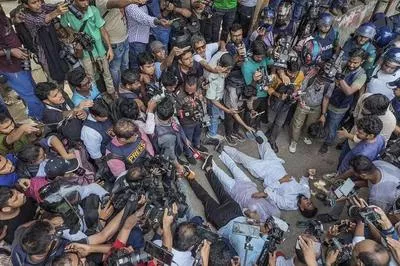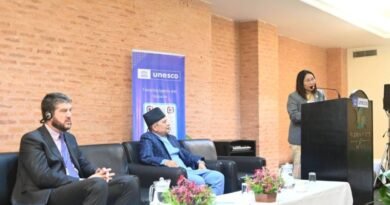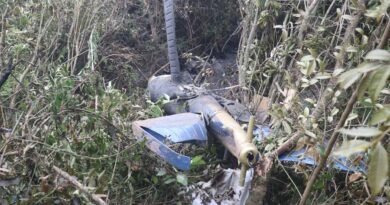Nepal: Civic space at risk as authorities suppress fundamental freedoms and dissent
CIVICUS, a global civil society alliance, is concerned about the suppression of fundamental freedoms and dissent by the government in recent years, including arrests and excessive force during protests, the targeting of journalists and censorship of media outlets, reprisals against activists and digital restrictions.
These actions, highlighted in a brief published today by the CIVICUS Monitor, are inconsistent with commitments made by Nepal to the UN Human Rights Council. They also contravene its international human rights obligations guaranteed in the International Covenant on Civil and Political Rights (ICCPR). Due to this, the state of civic space in Nepal is rated as ‘obstructed’ by the CIVICUS Monitor.
Nepal’s Constitution guarantees freedom of peaceful assembly. However, in recent years peaceful protests have been met with arbitrary arrests and excessive force, including the use of firearms. In some cases, unlawful killings have been reported, with no one held to account. The authorities have also limited public space for people to express dissent against government policies through orders to prevent assemblies gathering.
The CIVICUS Monitor has also documented cases of the authorities’ targeting activists, critics and human rights defenders for their activism. Some have faced reprisals, including being arrested, harassed or prosecuted.
“The Nepali government must stop the arbitrary restrictions and unlawful denial of protests and investigate all instances of unlawful killings and excessive force committed by security forces while policing protests, bringing the perpetrators to justice. Failure to do so, will entrench a climate of impunity and contravene Nepal’s international human rights obligations. The authorities must also provide human rights defenders with a safe and secure environment in which to carry out their work”, said Josef Benedict, Asia Pacific researcher at CIVICUS
CIVICUS is also alarmed about ongoing reports of threats and physical attacks against journalists. Some have also faced arrest and been subjected to judicial harassment for their work. Media outlets have also been targeted for their reporting or have had critical articles blocked, raising concerns about state censorship.
There are also concerns that the authorities are seeking to restrict the online space. The Electronic Transactions Act 2008 contains vague provisions that have been misused to stifle freedom of expression, particularly section 47. The arbitrary nine-month ban on Tik Tok, the 2023 National Cyber Security Policy that fails to acknowledge the protection of fundamental freedoms and attempts to regulate social media through administrative measures, have also raised concerns about internet freedoms in Nepal.
“The authorities must ensure that journalists can work freely and without fear of retribution for expressing critical opinions of the government and ensure all those who harass or attack them are held to account. It must also refrain from blocking social media platforms and develop an action plan to ensure that all laws that impact on the internet and digital rights comply with the government’s commitment to guarantee freedoms of expression and information under the ICCPR”, added Benedict.




